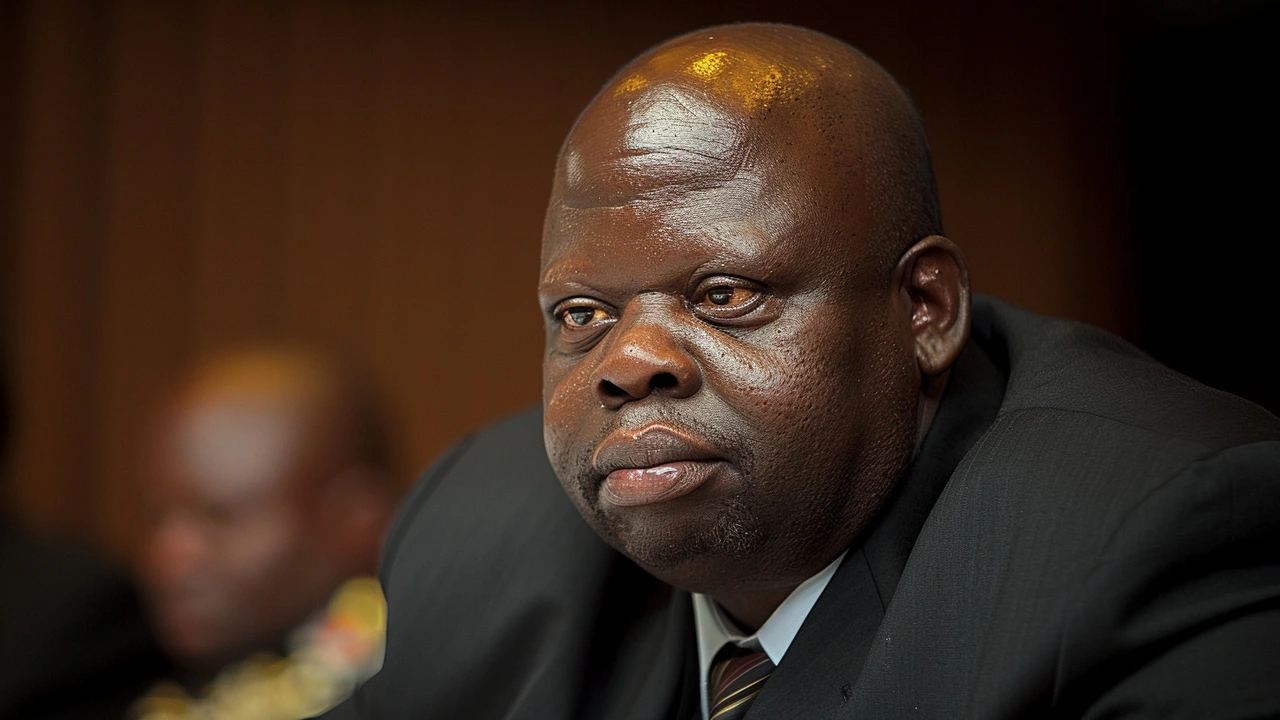What do you think happens when Parliament passes a new wildlife law? It’s not just words on paper. For African game farms, every rule and regulation runs straight from those parliamentary decisions into real-life changes—on the ground, with animals, land, and people. Whether it’s about tax reforms, stricter anti-poaching rules, or incentives for eco-tourism, Parliaments across Africa call the shots.
It’s easy to think of Parliament as distant. But for game farm owners, a tweak in tax rates or land use laws can mean the difference between success and struggle. Kenya’s recent Finance Bill, for example, brought big tax changes: new limits for tax loss carry-forward, digital economy taxes, and VAT reliefs for agriculture. Moves like these change how farms budget, invest, and hire. And they influence which international investors are willing to bring money—and jobs—into the local economy.
Now, when Parliament gets involved in conservation laws, you feel the effects in the wild. New anti-poaching strategies often start with a vote. Think about debates over fencing, wildlife corridors, or protected status for threatened species. Every policy gets hashed out, sometimes with fiery disagreements, before becoming the law guides that game farm managers have to follow day-to-day.
Parliamentary oversight isn’t only reactive. When outbreaks like new animal diseases or plant pests threaten a sector, lawmakers call urgent sessions to fast-track funding, launch research, or block risky imports. It’s Parliament that allocates resources when farmers and wildlife managers need help the most—especially during drought, political unrest, or market crashes.
If you’re on the business side of game farming, watch Parliament closely. New incentives for start-ups or tax holidays for eco-friendly projects can unlock growth. But sometimes, surprise amendments add costs or red tape. Those fine-print details, decided in parliamentary committees, can reshape profit margins overnight.
And don’t forget the bigger picture: Parliament also sets tone and priorities for environmental stewardship and sustainable development. When eco-tourism booms, it’s often after parliamentary debates over infrastructure, public safety, or international partnerships. Changes in climate policy, land reform, or property rights all have roots in legislative sessions most people never see, but every farm and reserve feels the results.
Want to stay ahead? Keep an eye on parliamentary calendars and committee reports. Real stories—about tax rules shaking up Kenyan farms, wildlife regulation battles, or new support for rural entrepreneurship—are unfolding every week. Lawmakers might seem far away, but their decisions hit close to home, shaping everything from your next safari adventure to the financial health of Africa’s unique game reserves.

John Hlophe, the first judge to be impeached in democratic South Africa, has been appointed as chief whip of the MK Party. Announced by Arthur Zwane, the MK Party Secretary, Hlophe’s controversial appointment follows his impeachment from the judiciary. The MK Party, supported by Jacob Zuma, won 58 seats in recent elections but initially abstained from Parliament sessions.
Read More >>